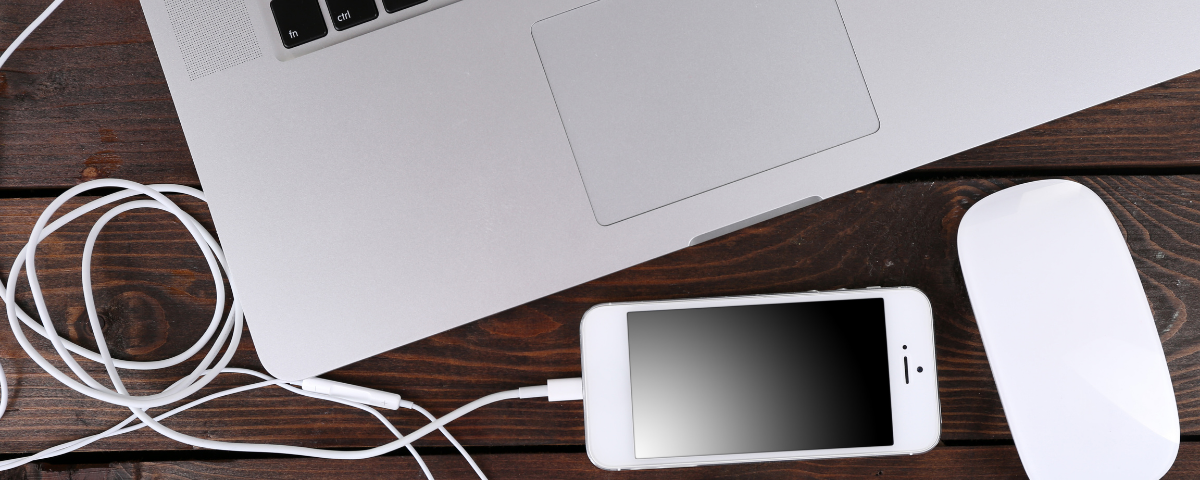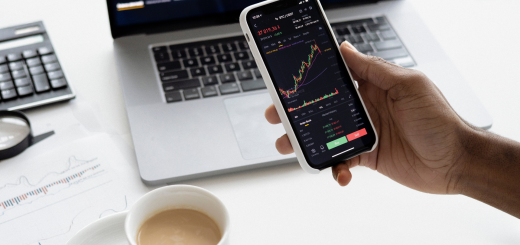Laptops vs. Phones

A life without technology seems never to happen again. With the advancement in technology to occur every year, smartphones, computers, and laptops are indispensable. Both laptops and phones offer much mobility of technology. I recently bought a new phone but I dropped it the other day and had to find a company that would Fix iPhone Screen. Luckily it’s all sorted now, but it reminded me how important my phone is to me (the same applies to my laptop too!) However, some of us cannot afford such a luxury to buy these gadgets. So, I made some lists on how to see the difference between laptops and phones.
Display
Laptops have a bigger screen than phones. Phones are handy, so they were made for smaller and thinner screens. However, with the bigger screen laptops can offer, they can decrease confusion when opening browsers. Laptops are more capable when browsing websites, unlike phones. But phones also have an eye protection feature, which is not available on notebooks. The eye protection allows us not to have eye strain problems with constant use of the device. Adding another layer of protection to our eyes is important too, for example, using reading glasses can help reduce eyestrain when using any device, helping mitigate any physical issues. You can go now to websites like felixgray.com to browse their range as well as other online stores. However, if you think your eye power is compromised due to the constant use of laptop or device screens, do consult an eye doctor for a detailed eye examination. You can also consider the laser vision correction centers like SharpeVision by checking out this page.
Compatibility
Both devices can now transfer files through a wireless connection. Transfer of files is significant. We can share videos, photos, documents, and more through Bluetooth. However, some files are needed to be transferred through USB ports. And this gives us an advantage with laptop devices. They are designed with USB and ethernet ports. Though new accessories were developed, like an external USB port to connect with phones, we still need to buy those accessories to transfer files.
Typing
We can easily create texts and messages on our phones. However, for typing, we prefer the use of a keyboard. Imagine typing documents on the screens of phones. It would take so much time to finish a report.
Control
Cursors control the programs in a device. Though with laptops, we have a built-in mouse that is attached to the device. A mouse is vital for a fast response of the cursor. It can change displays and control the website we will open. With phones, we do not have a mouse. But the control is just at our fingertips. Mobile gamers prefer the use of phones for easy management and viewing. But for medal online sports gamers, they like the use of laptops or computers. This is because a mouse offers them more control during a game.
Battery life
Though they make both devices of lithium-ion batteries, they differ in battery life. Lithium-ion batteries are said to work for years. But there is still a limitation with their usage. The maximum lifespan of lithium-ion batteries is to last five years or less, depending on our battery usage. Laptops have bigger screens, but they also have bigger batteries. The bigger screen and programs run on laptops drains more of the battery. Phones have innovative features like dark modes and power-saving options. These features allow users to prolong the battery life of phones.
Connectivity
Laptops can work online by connecting to the internet via ethernet or Wi-Fi. If need be, you may want to invest in a reliable ethernet switch like the ones provided by Fortinet (you can visit their website here, if interested) to avail of a stable internet connection. Unlike notebooks, phones can work online by themselves. Smartphones have sim cards inside to allow their users to communicate through texts and calls. And telecommunication companies have expanded their services by giving their users free data. So, phones can stand alone to connect to the internet.
Storage
Phones have been developed to have more storage systems. Pictures, music, and videos are the ones consuming our storage. This increased demand for more extensive storage enables our software engineers to produce phones with more significant memory. However, laptops have built-in hard disks. These disks have increased in memory size from 5GB before to a figure now as high as 20TB. This significant memory may seem impossible with a phone at the moment, but who knows what the future might hold in terms of innovation.
Versatility
The laptop is best used for typing, gaming, and work-related stuff. But phones offer versatility to us. It can work like a DSLR camera, and it has a built-in speaker for music playlists and radio streaming. And phones work 24/7.
Pricing
With the many features and pros, laptops can offer, so the price range differs. The greater memory and bigger batteries that the laptops have will invariably make them pricier than phones. Today’s cheapest phone is only worth $4, while the computer has at least a price tag of $500. Consider the differences between the two when budgeting. This big money difference allows some of us to prefer buying phones to laptops.
Conclusion
We came with a lot of scenarios in which the two devices differ. Either way, let us always take care of these devices.



